According to Sr. Candida, the idea of conducting research into Religious Life is, however, still a novelty in Africa, where women Religious shy away from investigating what goes on in their respective ICLSAL.
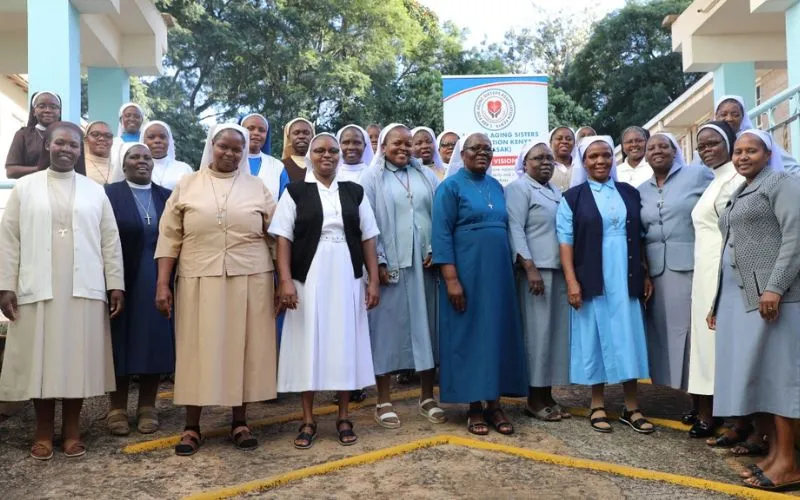 A section of the members of the Care for Aging Sisters Association of Kenya (CASAK). Credit: CASAK
A section of the members of the Care for Aging Sisters Association of Kenya (CASAK). Credit: CASAK
“The kind of research we are engaged in is new for Congregations,” she said, and explained, “How do you, for instance, ask Sisters to talk about their Superiors’ management styles? It has never been in us to do these kinds of research. Our lives are often all about joining Congregations, going through established processes, and waiting on the day we go back to the Lord. That is why we are spending so much time explaining to the Sisters that research is good for their Congregations, and for the ministries they are engaged in.”
Sr. Candida said women Religious still shy away from engaging in empirical studies, regarding them as tedious academic endeavours. According to the ASN member, a lot still needs to be done in terms of awareness.
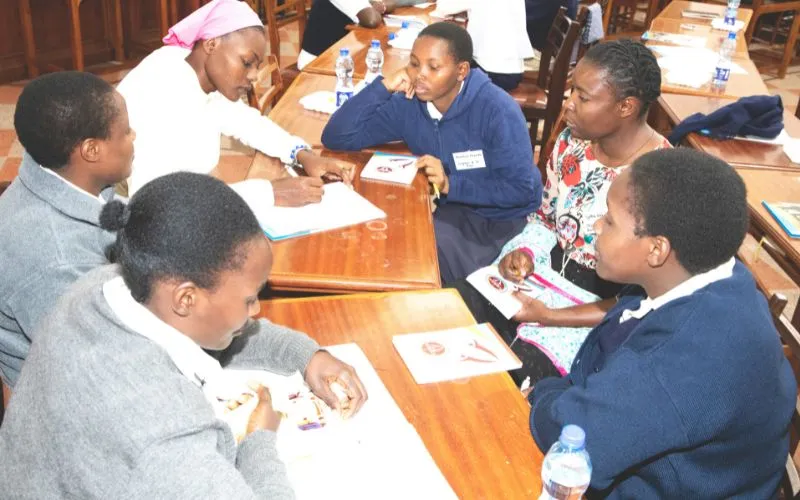 Credit: CERRA-Africa
Credit: CERRA-Africa
(Story continues below)
“For a long time, research has been seen as an academic endeavour among Catholic Sisters. When you mention the word research, they immediately think of the large volumes of documents they might be required to produce at the end of a project, as in Masters and PhD. We try to tell the Sisters that they can do a lot with the kinds of recommendations they have for their Masters and PhDs to conduct some follow up action research,” she said.
Currently, CERRA-Africa is engaged in a lot of awareness-creation in an attempt to persuade as many Catholic Sisters as possible to embrace research, especially for the well-being of their communities.
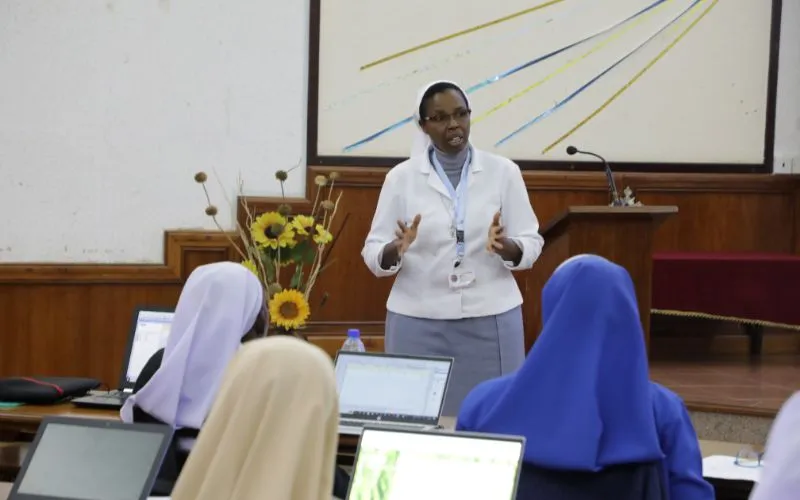 Credit: CERRA-Africa
Credit: CERRA-Africa
Ideally, she said, all ICLSAL across Africa should have at least a member engaged in action research, which she described as a tool for evangelization.
Since establishment, CERRA-Africa has welcomed women Religious, who are engaged either as full-time members of staff or on part-time basis.
“The Sisters coming to CERRA-Africa don't have to leave what they are doing,” she said, and explained, “You can be a nurse somewhere and still serve in CERRA-Africa. You can be a social worker somewhere and also spare some time for CERRA-Africa.”
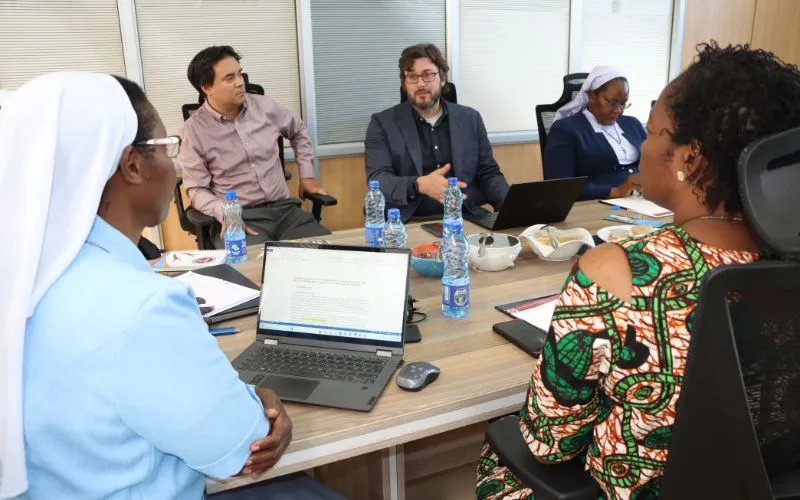 Credit: CERRA-Africa
Credit: CERRA-Africa
CERRA-Africa is exploring more opportunities for growth, the Nairobi-based ASN member told ACI Africa, and added, “We plan to have a desk where the issues that are coming out of research can be addressed. We have, for example, seen a continuous need for formation. And so, we envision being the connecting link between the Congregation that needs that service and the provider of that particular need.”
“Our big plan is now trying as much as possible to work with the rest of the agents of evangelization, those who are in the field, in the Parishes,” she said.
CERRA-Africa started by serving the needs of ICLSAL, Sr. Candida told ACI Africa during the May 15 interview, divulging that today, the centre has started talks with Catholic Dioceses and Parishes in view of realizing collaborative empirical studies.
“We are venturing into Dioceses. We are also extending our services to the men Religious, and the Laity. At the moment, we are explaining to them what our ministry entails, and hopefully, they will join us,” she said, adding that by collaborating with U.S.-based Center for Applied Research in the Apostolate (CARA-USA) and other religious-led data centres from Cameroon, Mexico and India, the Kenya-based data centre is learning from the best.
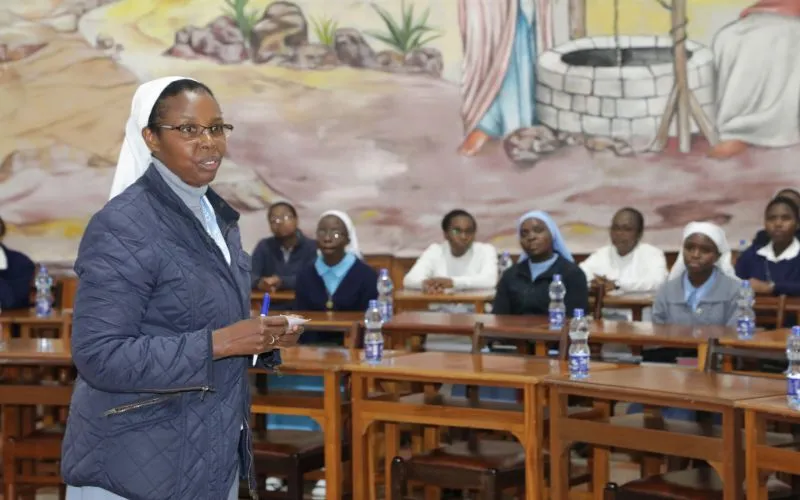 Credit: CERRA-Africa
Credit: CERRA-Africa
She recalled that from only serving the United States Conference of Catholic Bishops (USCCB), CARA-USA has expanded its reach. “60 years later, CARA-USA’s services have spread to Priests, with the Dioceses, Parishes, depending on the needs that are there.”
Top on its numerous values, CERRA-Africa is inspired by stewardship, Sr. Candida says, and explains, “For us, this is not a job; this is a service to the Church, and it is not limited to the Sisters. The only thing is that we have started with the Sisters, by looking at our lives and apostolates in our Congregations, and now, we are opening it to everyone.”
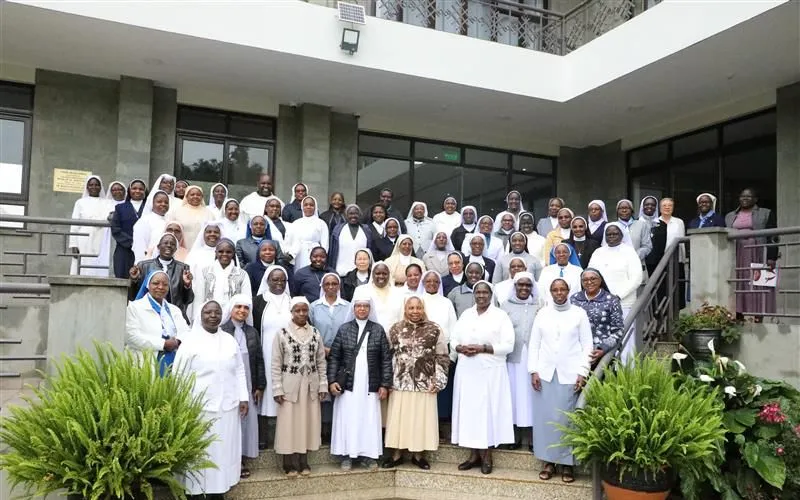 Credit: CERRA-Africa
Credit: CERRA-Africa
Sr. Candida spoke to ACI Africa ahead of CERRA-Africa’s maiden research symposium slated for June 10-12.
The symposium, the first of its kind, will showcase the significant contributions of women Religious to various ministries and sectors not only in Africa, but also in other parts of the world, where Consecrated women are engaged in research.
Agnes Aineah is a Kenyan journalist with a background in digital and newspaper reporting. She holds a Master of Arts in Digital Journalism from the Aga Khan University, Graduate School of Media and Communications and a Bachelor's Degree in Linguistics, Media and Communications from Kenya's Moi University. Agnes currently serves as a journalist for ACI Africa.
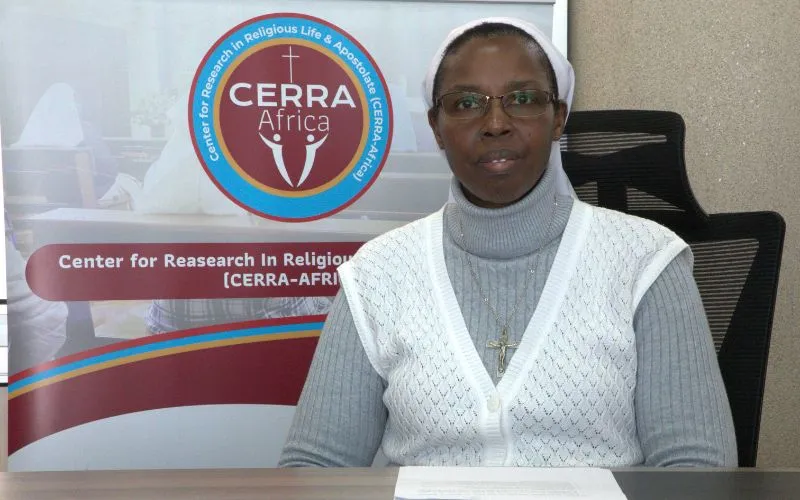 Credit: CERRA-Africa
Credit: CERRA-Africa


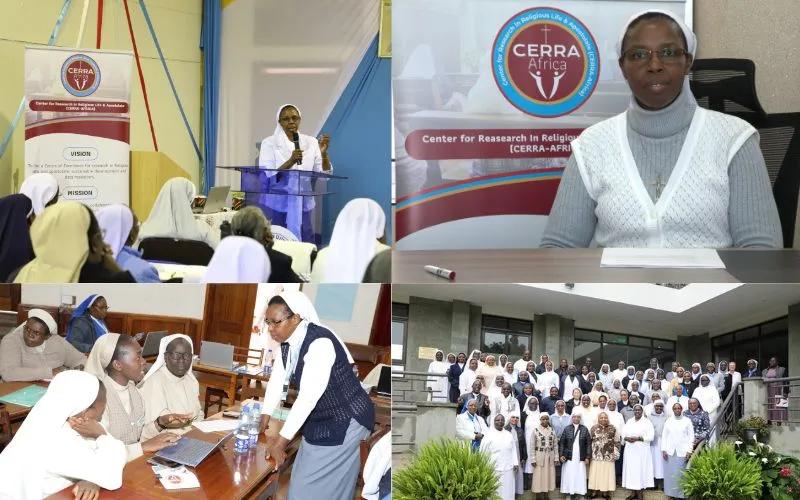
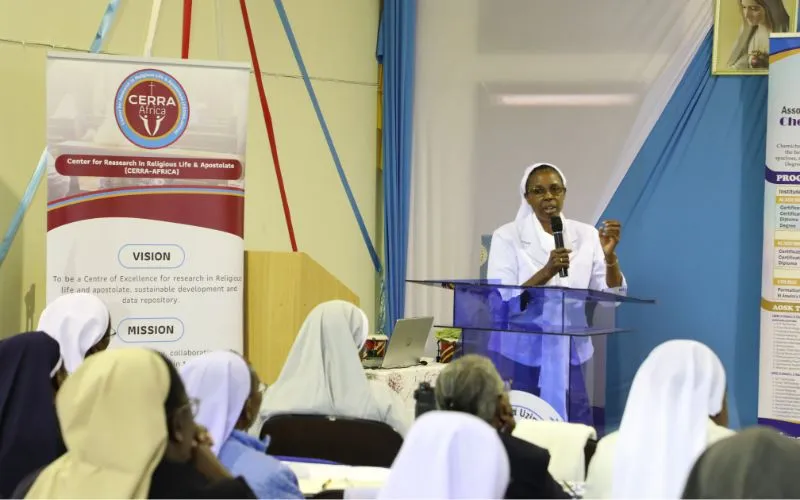 Credit: CERRA-Africa
Credit: CERRA-Africa
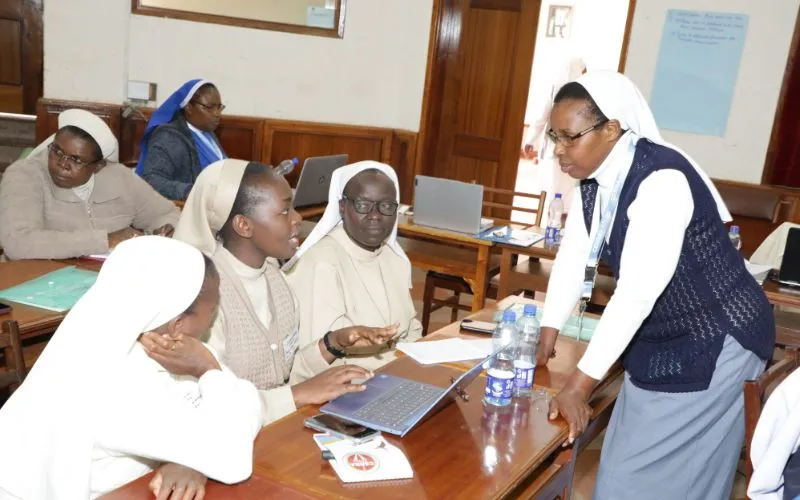 Credit: CERRA-Africa
Credit: CERRA-Africa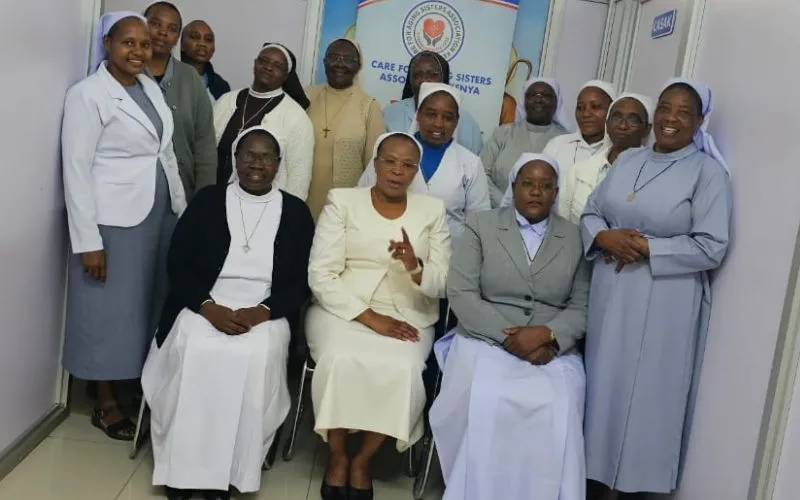 CASAK Board and staff. Credit: CASAK
CASAK Board and staff. Credit: CASAK A section of the members of the Care for Aging Sisters Association of Kenya (CASAK). Credit: CASAK
A section of the members of the Care for Aging Sisters Association of Kenya (CASAK). Credit: CASAK Credit: CERRA-Africa
Credit: CERRA-Africa Credit: CERRA-Africa
Credit: CERRA-Africa Credit: CERRA-Africa
Credit: CERRA-Africa Credit: CERRA-Africa
Credit: CERRA-Africa Credit: CERRA-Africa
Credit: CERRA-Africa


